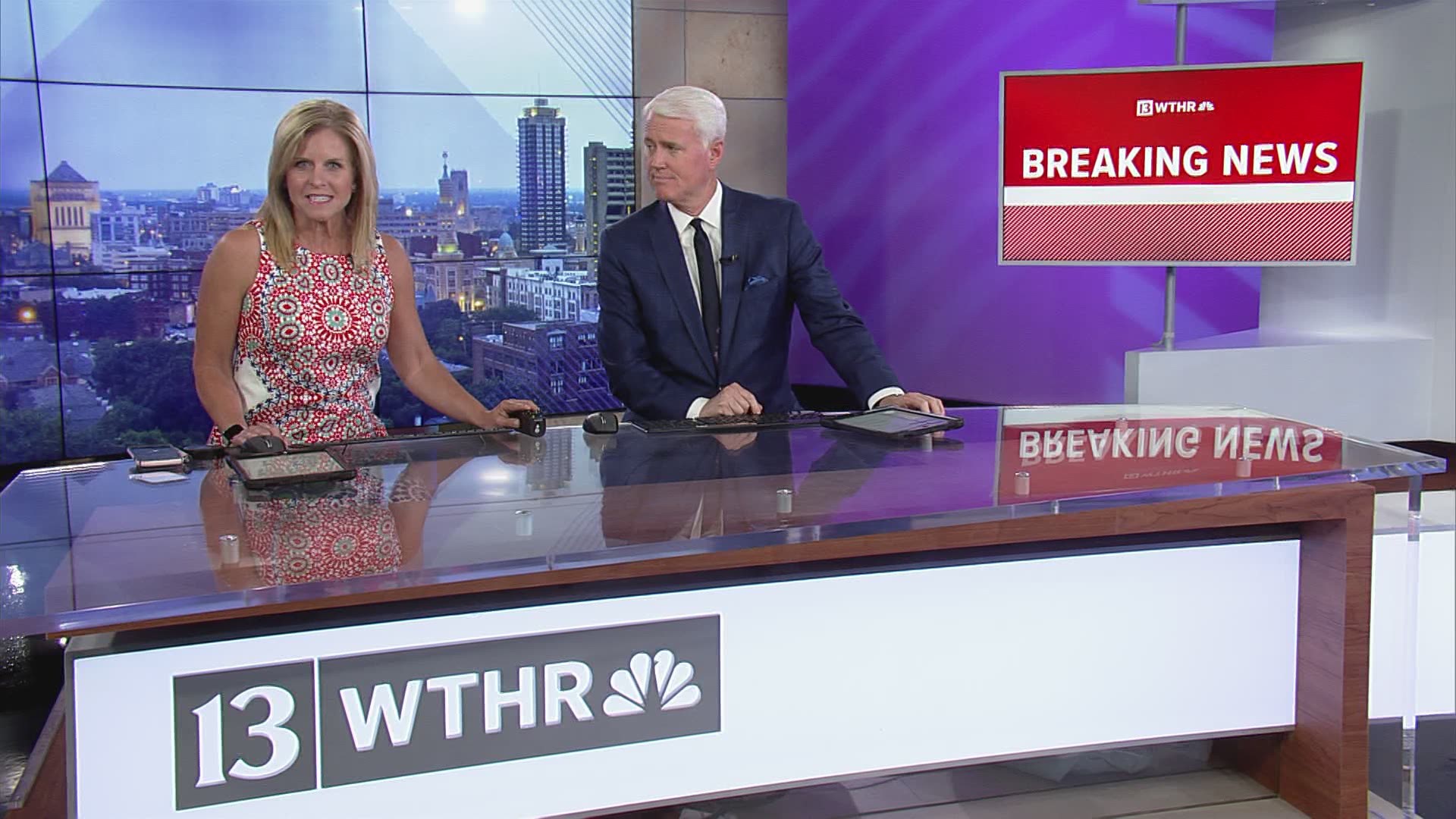INDIANAPOLIS — NOTE: The above video is from a previous report on the lawsuit.
Indiana’s Department of Workforce Development said Wednesday that it still hasn’t decided how to continue payment of federal unemployment benefits more than a week after a judge ruled that the state must restart the extra $300 weekly payments to unemployed workers.
An agency spokesperson declined to comment on if or when the state plans to rejoin the programs that expanded unemployment benefits during the COVID-19 pandemic.
It could still be nearly three weeks before a judge rules on Gov. Eric Holcomb’s appeal to drop Indiana from the national programs before they’re scheduled to end on Sept. 6.
A Marion County court ruled in June that Indiana shall notify the U.S. Department of Labor immediately of its continued participation in the CARES Act program while the court considered the lawsuit against the state.
The lawsuit was filed against Holcomb over his decision to end extended unemployment insurance benefits on June 19. The lawsuit was filed by various Hoosiers and clergy.
The lawsuit pointed to Indiana law 22-4-37-1 that requires the state to procure all available federal insurance benefits to citizens.
"These benefits have provided life-sustaining and crucial assistance to many Hoosiers during the pandemic," said Jon Laramore, executive director of Indiana Legal Services. "The legislature passed a law creating a right to these benefits, and we’re asking Governor Holcomb to follow the law."
The lawsuit also referenced Holcomb, stating the benefits are no longer needed because Indiana has 116,000 jobs needing filled.
"There are 'help wanted' signs posted all over Indiana, and while our economy took a hit last year, it is roaring like an Indy 500 race car engine now. I am hearing from multiple sector employers that they want and need to hire more Hoosiers to grow," Holcomb said. "We have a myriad of work options in every region of our state with many more coming online every week."
Holcomb said in May that Indiana's unemployment rate, which jumped to more than 17 percent at the height of the pandemic, has recovered to 3.9 percent.
“We are still in a pandemic, and we still want to help people get out of the burden that they are under and not add to their burden," said Pastor David Greene, the president of Concerned Clergy of Indianapolis, who is named in the lawsuit. “So hopefully the governor has now heard from the law, the judge, and the people and he will continue to allow the benefits to flow to those Hoosiers who are desperately in need.”
The lawsuit claimed a study by The Century Foundation found that cutting benefits would affect more than 286,000 people in Indiana, or 170,000 more people than available jobs. The study found ending the benefits would cost Indiana $1.5 billion that would have been spent locally on rent, utilities, groceries and transportation.
Holcomb released a statement in response to the judge's ruling that the state should continue the benefits while the lawsuit was being heard:
“The state of Indiana took the appropriate steps to terminate its participation in federal pandemic unemployment program. The agreement ended on June 19. The Governor and Department of Workforce Development will discuss an immediate appeal of the judge’s order with the Attorney General.”
The programs listed below ended on June 19:
- Federal Pandemic Unemployment Compensation (FPUC), which provides a $300 weekly add-on to recipients of unemployment insurance
- Pandemic Emergency Unemployment Compensation (PEUC), which provides recipients extended benefits after their traditional 26 weeks of unemployment insurance benefits have been exhausted
- Pandemic Unemployment Assistance (PUA), which provides benefits to individuals who do not normally qualify for unemployment benefits, such as self-employed, gig workers, and independent contractors
- Mixed Earner Unemployment Compensation (MEUC), which provides a $100 additional weekly benefit for individuals who are eligible for regular unemployment benefits but also earned at least $5,000 in self-employment income

